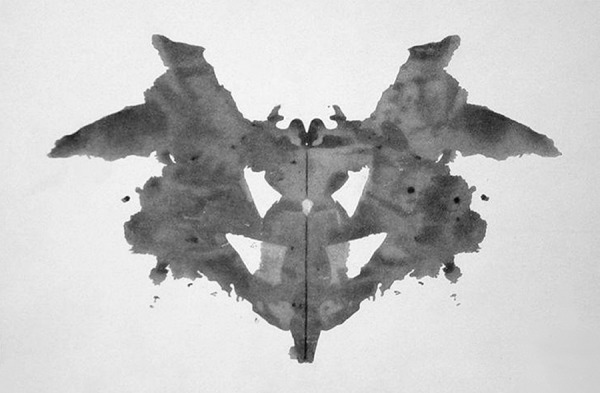Projective testing is a specific type of personality assessment focused on acquiring a better understanding of a person. They can be viewed as indirect methods of aimed and evaluating personality and concluding about its peculiarities (Cohen et al., 2022). A testee should offer responses to specific scenes, images, or words (Cohen et al., 2022). Interpreting this type of information, it is possible to make a specific conclusion. These tests do not have standard grading scales, scores, and criteria for determining credibility, which makes their validity and reliability doubtful (Cohen et al., 2022). At the same time, there is a high error rate because of the absence of clear criteria and subjectivity of findings that are interpreted by a researcher (Cohen et al., 2022). Such tests are usually administered in real-time by an investigator to analyze responses and emotions. The facts mentioned above explain the controversy linked to this approach to evaluating personality.
The Rorschach projective personality test belongs to the cohort mentioned above. It consists of ten bilaterally symmetrical inkblots (see Figure 1 as an example) presented to a person.

There are no additional test manuals or instructions for scoring and interpretation (Cohen et al., 2022). The ten images are the only tool the researcher possesses and presents to a person one at a time. The testee is asked to describe the presented image and name what he/she sees there (Teles, 2020). Following the first session, a second attempt is made (Cohen et al., 2022). Using the given technique, an investigator determines what factors might impact a person’s perception and answers. Being one of the popular tests, it remains contradictory. Because of the absence of scores and a manual for interpretation, the results depend on how a specialist explains the answers and analyze them (Kaplan & Saccuzzo, 2017). In such a way, the personality of an examiner, his/her competence, and specific attitudes.
References
Cohen, R.J., Schneider, J.W. & Tobin, R. (2022). Psychological testing and assessment: An introduction to tests and measurement (10th ed.) McGraw Hill.
Kaplan, R., & Saccuzzo, D. (2017). Psychological testing: Principles, applications, and issues (9th ed.). Cengage Learning.
Teles, R. (2020). Hermann Rorschach: From klecksography to psychiatry.Dementia & Neuropsychologia, 14(1), 80–82. Web.